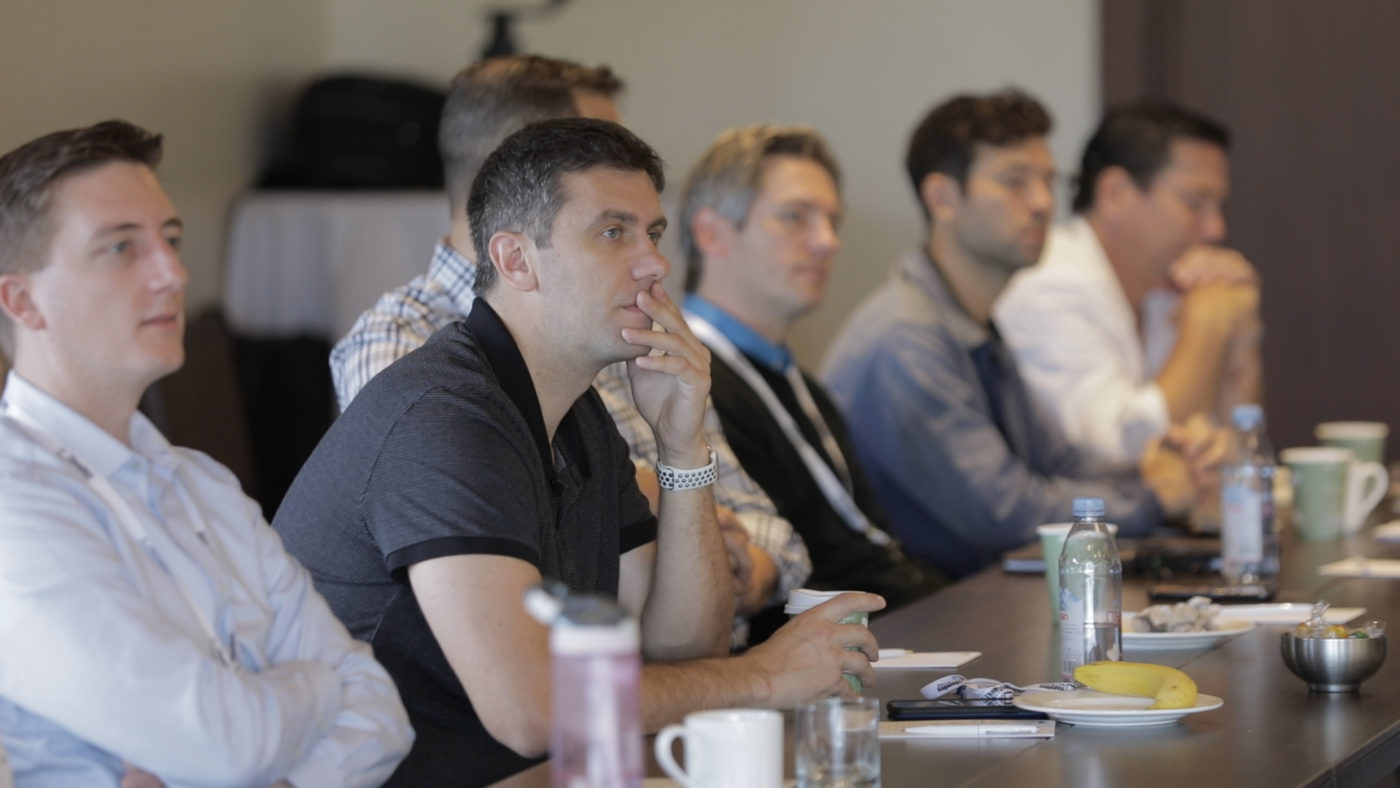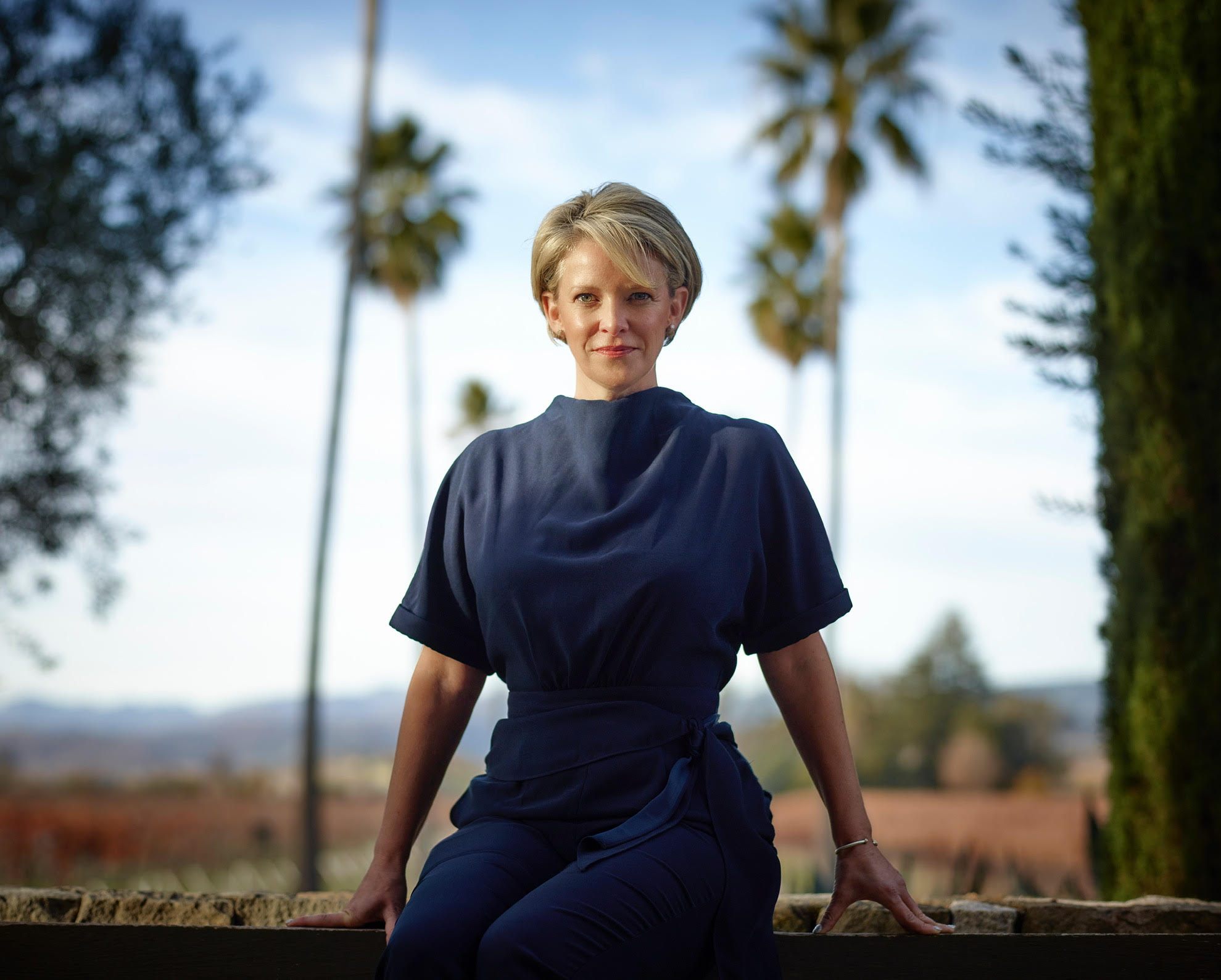
Elio Narciso is passionate about technology, making the world better, and having fun while combining the two. And, he loves startups.
His career includes years of designing and launching go-to-market initiatives for mid to late-stage enterprise tech startups with Amazon AWS. He has also successfully co-founded and exited two tech startups with deals valued at over $80 million.
Today, Elio is the co-founder and CEO of Scalestack where he’s building a one-of-a-kind AI copilot for sales that uncovers and integrates market data to accelerate business wins.
In his Founders Network global keynote on March 15, Elio covered what he describes as the ‘working backward’ methodology, which is the blueprint behind Amazon’s customer-centric innovation framework. In addition to sharing more about this methodology for building innovative products, Elio also shared insights on how to build a strong team culture.
To learn more about building innovative products, see if you qualify for membership and check out our video from Elio’s event.
Founding Successful Startups
The first company Elio co-founded was launched in 2004 before the iPhone existed. Mobile tech was still up-and-coming, but Elio and his team found a way to personalize mobile phones with ringtones and wallpaper customization. Though he says the product was simple in nature, the company generated over $50 million in annual revenue at its peak.
“Companies exist to satisfy a need in the market at a price point that makes sense for whatever they’re providing,” he says “That’s job number one. Never forget this, because if you don’t do this well, or if you provide something that is nice to have, but not a need, you won’t make an impact.”
Elio brought this passion into his second venture, an adtech company that marked a transition into his first B2B business. The switch helped to highlight the power of relationships and finding common ground when working with others to serve customers successfully.
Now, Elio is on to his third venture at Scalestack. The company’s mission is to enable sales leaders to easily govern data, automate sales workflows, and fuel their organizations to close deals faster. Elio has achieved this by developing an AI sales copilot that uses 3rd party data and pre-built integrations to automate repetitive tasks and optimize workflows.
Based on these successes, Elio believes that, as a founder, you always need to create space so that people can develop, grow, and multiply their impact.
The Power of Working Backward
In between his startup ventures, Elio spent nearly half a decade at Amazon where he co-founded and managed the AWS Global Startup Program. The program’s mission is to power the go-to-market potential of fast-growing enterprise technology startups.
A key to Elio’s success in launching this program was focusing on the simple idea of putting a product idea down on paper to pressure-test it.
“Amazon has a process of innovation based on the working backward methodology. In this context, working backward from what your customer needs are and then building something that satisfies those needs,” he says.
Elio’s method for pressure-testing products is one he recommends before writing any single line of code. While the approach can take shape in many ways, his favorite exercise is that of crafting a PR FAQ.
“With this method, you start with a ‘mock’ press announcement, which is endlessly debated by the product team. By the time the process is done, only the most valuable pieces are left including the problem statement, audience and inspiration behind the product,” he says.
“For my program at AWS we did about 25 revisions of my PR FAQ over 6 months before getting the ‘OK’ of our vertical’s CEO. While that’s a big effort, that’s nothing compared to if you start building something for which you don’t have clear ideas,” he says.
Elio’s customer-focused approach is one he used for years at Amazon and at his own companies. It’s one he challenges all founders to utilize for building innovative products.
For entrepreneurs, this test can be critical. Once hiring begins, and product development is started, course correcting an idea that is not well vetted can turn out to be costly.
Building A High-Bar Team Culture
Once a founder has thoroughly vetted their idea, it is essential that they build the right team and culture. When Elio founded his first company, he admits that he made clear mistakes when forming its culture.
“We were completely all over the place. We were never clear about what we believed in, and allowed people that had the wrong instincts to ‘corrupt’ the culture. Despite the financial success of the company, the product development was very patchy and some great ideas never materialized,” he says. “Because of this I think that you need to be very purposeful about culture, even at the young, early age of the company.”
In his subsequent ventures, Elio became more purposeful with how he created culture. He eventually refined his recipe for cultural success when working at Amazon.
Amazon has a core set of leadership principles that are applied at a massive scale. Although they may change over time, once defined, leaders must stick to them, hire against them, and use them as a bar to evaluate employees.
“If you do not define your culture well, it’s very difficult to hire well. If your hires are off, it can impact your growth,” says Elio. “Culture is not like a static thing. It evolves, but it’s important to make sure it’s clearly defined at every stage.”
During his keynote, Elio covered his startup journey and keys to success along with:
- How to vet your product idea before writing any code
- The power of putting pen to paper to align teams
- Building products that solve consumer problems
- The steps needed to define, hire against, and stick to your culture
To learn more about building innovative products, see if you qualify for membership and check out our video from Elio’s event.






